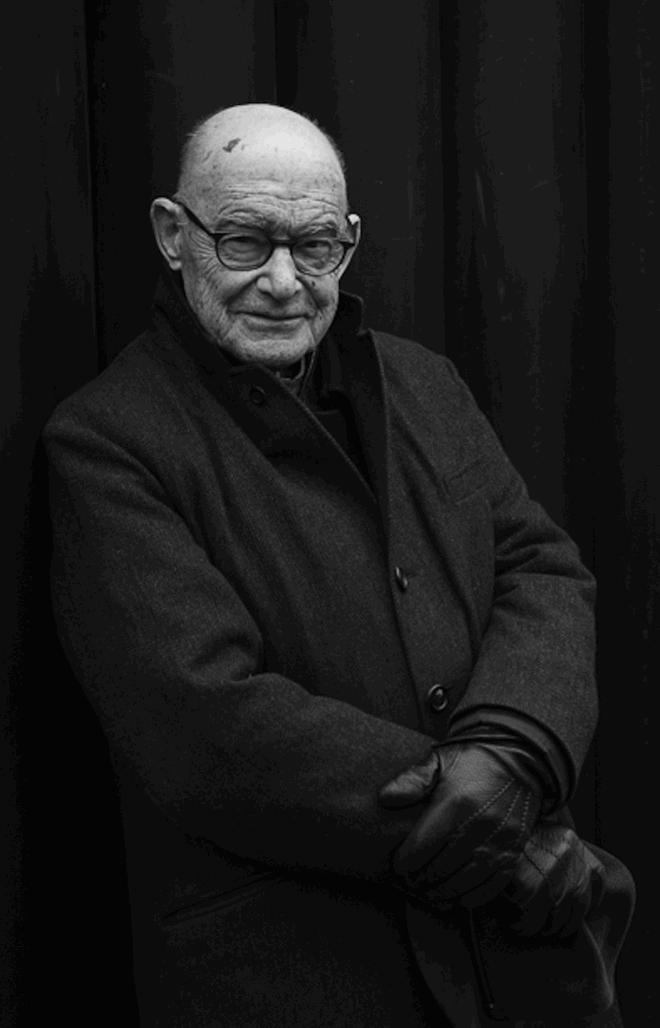
This special issue stages a series of encounters between the French philosopher Jean-Luc Nancy and leading scholars of his work. They are grouped along four major themes of Nancy’s thought: sense, experience, existence, and Christianity. In doing so, the special issue seeks to remind readers that Nancy’s sens has many meanings in French: aside from those that easily carry over into English, i.e., everything to do with “meaning” and “the senses”; it indicates not only the results or products of these familiar processes of making-sense, but at the same time also includes the “way” they are “conducted,” the “direction” they take, the “thrust” or “pulse” in which the very circulation of sense exists. To make sense then means to conduct being through the there that characterises human existence as being-in-the-world: to take it, or to let oneself be taken by it, in a certain direction that is precisely determined as such in light of where we already “find ourselves” (as Heidegger understands the there in §29 of Being and Time). In other words, in our respective encounters with Nancy, we all come to him from somewhere. From there, we take him, and are taken by him, somewhere else. The writings collected here are then reports on this process of “making-sense,” notes “along the way,” documenting “encounters” as moments of “(re)direction” and recording the “pulse” of sense that animates them. They are not so much studies of as responses to Jean-Luc Nancy – and it is thus entirely fitting that several of these essays are personal in nature – , for they do not deliver a definitive summary of his position on any given issue, but rather seek to join him in the making of sense: throughout these pages, thinking
commits itself to sense and thus to a sense that is still to come, to sense’s future, rather than merely describing or delivering sense as if it were already in place. Philosophy in this sense exposes rather than proposes; more accurately, its propositions (its meaning or its truth) are indissociable from the exposition through which it commits itself, promises itself, and risks itself. (Nancy, A Finite Thinking 293)
Aside from these echoes and a previously untranslated text, the special issue also includes an original essay by Nancy in which he retraces his international trajectory throughout his career. Indeed, this essay forms a coda to the issue, but these closing words do not in fact close-off anything: they retrace a path taken, the path of Jean-Luc Nancy and (his) thinking; a path that is to be and undoubtedly will be continued, in many different directions, across and around the world. Faithful to his own thinking, by way of “An Accordion Tune,” Nancy here continues to “restrict myself to what is, after all, the essential: a gesture of an opening or reopening in the direction of what must have preceded all construction” (Dis-Enclosure 189n8). In continuing to walk this path, wherever from and wherever to, we hope to be likewise faithful to Nancy’s thinking: that is not to say that we are to follow in the footsteps of the master, but rather that in retracing his path we are equally proceeding in a new direction, we are ourselves carrying further what carried us away initially – since that is the only way for us to make sense (of it). At least, that is what we did at “Thinking with Jean-Luc Nancy,” the March 2019 conference hosted by Balliol College, Oxford, that resulted in this special issue.
Issue image: Jean-Luc Nancy. Photo: Dirk Skiba. Reproduced by kind permission.
bibliography
- Nancy, Jean-Luc. Dis-Enclosure: The Deconstruction of Christianity. Trans. Bettina Bergo et al. New York: Fordham UP, 2008. Print.
- Nancy, Jean-Luc. A Finite Thinking. Ed. Simon Sparks. Trans. Simon Sparks et al. Stanford: Stanford UP, 2003. Print.
